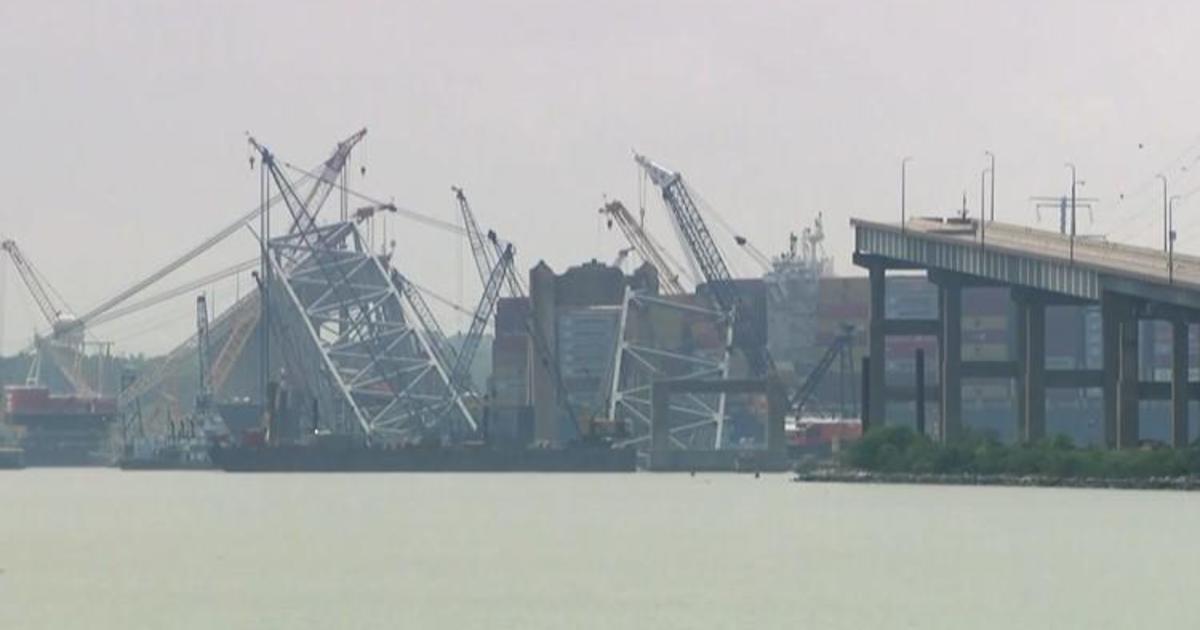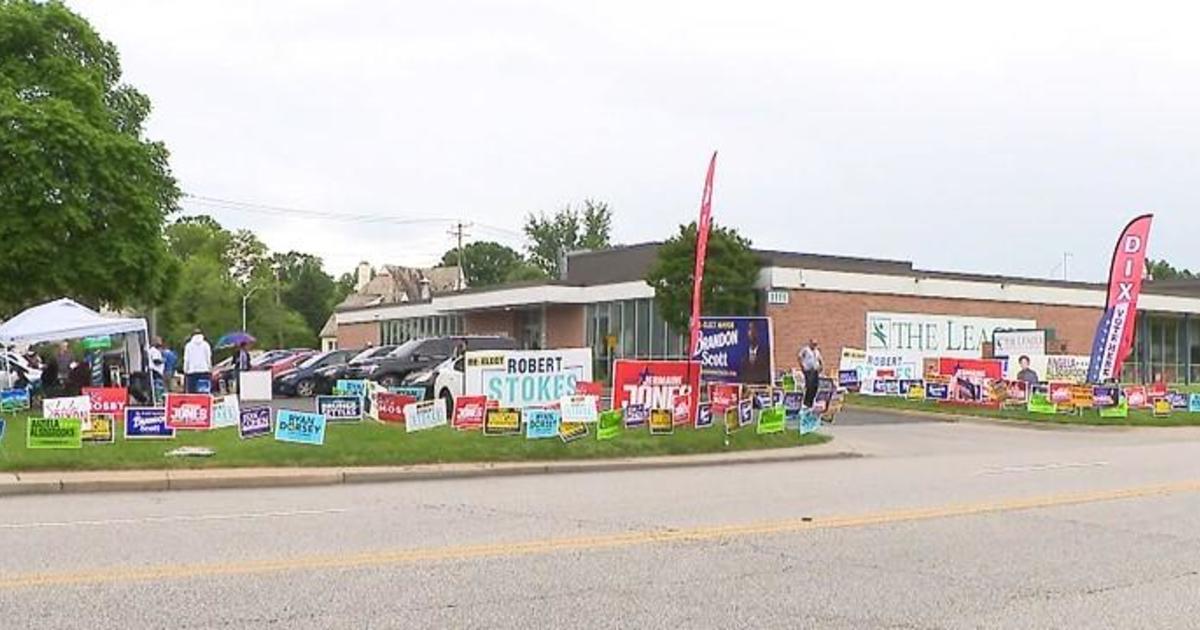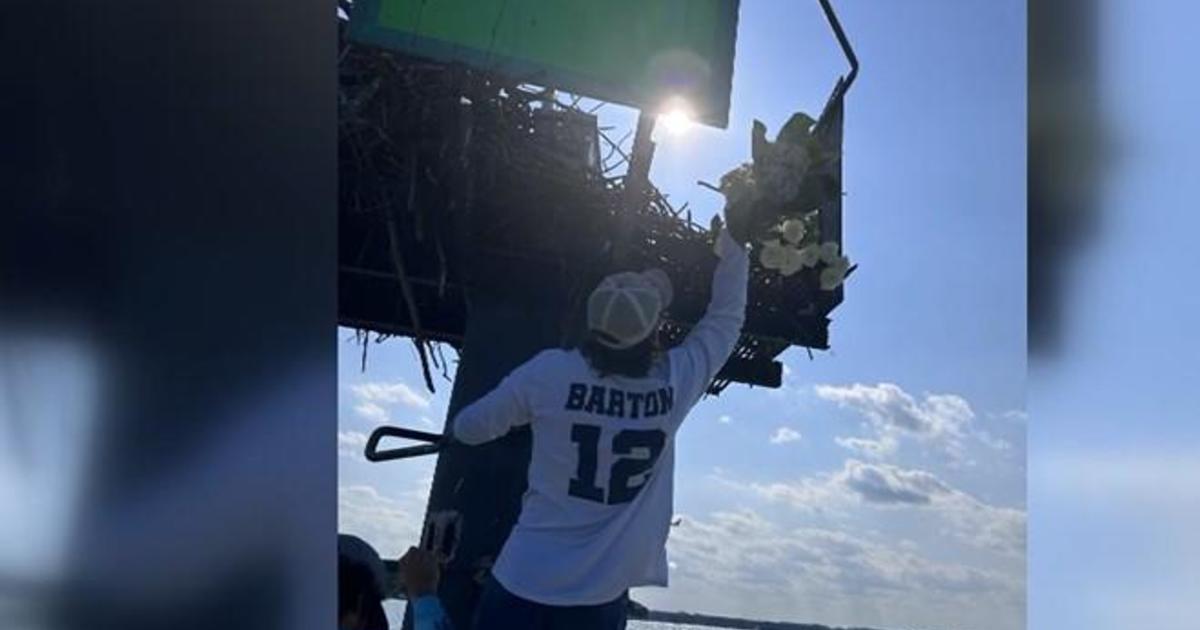With An Increase Of Fentanyl On Streets, Opioid Treatment Van Helps Addicts Recover
BALTIMORE (WJZ) -- Things were supposed to be different for Adam Roberts. Roberts had everything going for him. He was in college and playing on the lacrosse team for the Univerisity of Michigan -- until he got injured.
"I got an injury in my left knee so I could barely put any pressure on it and they started me on Oxycodone," Roberts told WJZ on Thursday.
That was when his entire life changed and he became hooked -- slowly. Oxy wasn't enough and he turned to heroin for a fix.
He bought his first dose of heroin on the corner of Eager Street and Greenmount Avenue for five dollars. He remembers it being so easy, so accessible.
The more frequently he used on the streets of Baltimore, the more he noticed the growing presence of fentanyl.
"Fentanyl is a hundred percent what's being passed around out here," Roberts said.
He has overdosed twice. Both times, Roberts said he had no idea he was taking fentanyl. He thought he was taking heroin.
Fentanyl is a synthetic opioid that is 50 times more powerful than heroin.
In 2013, synthetic opioids such as fentanyl killed 58 people in Maryland, according to the Maryland Department of Health. By 2018, that increased to 1,888 deaths. That's more than a 3,000 percent hike. More than a third of the deaths were in Baltimore City.
It's why treatment vans, like the one from the Behavioral Health Leadership Institute, are filling the gaps in the healthcare system by treating patients like Adam.
Roberts has been drug-free for four weeks.
Michelle Edmonds said if it wasn't for the van, she would still be on drugs.
Drug-free for 180 days, she was at the van with her husband and three-year-old daughter, Zuri, Thursday morning.
Parked outside Baltimore Central Booking and Intake Center, the van is open Monday through Friday and serves the recently released inmates and anyone else who needs help handling their drug addiction.
"We are right here with the doctor, nurse, peer recovery specialist to help people as soon as we can," said Deborah Agus, the van's executive director.
In jail, there is little to no treatment for those suffering from drug addiction.
Patients of the van don't need to provide identification or proof of insurance or even promise they'll never use a drug ever again.
But Deborah says fentanyl's presence is so high on the streets of Baltimore that their presence is crucial in providing treatment to ovoid more overdoses and deaths.
And there are signs their work might be helping to change things.
Fewer Marylanders died of opioid-related overdoses in the first nine months of 2019 compared to the previous year, according to state released data.
While officials hope for further decline, Roberts said the van helped him toward a road to recovery.
"If it wasn't for this bus, I'd probably be on a street corner with a cardboard sign getting high still," Adam said.
One of the few requirements of the van is to take a drug test when you step through the door.
"I just passed another drug test a couple of minutes ago," he smiled.
Roberts hopes to go into drug treatment services to help others who are struggling like he was.



